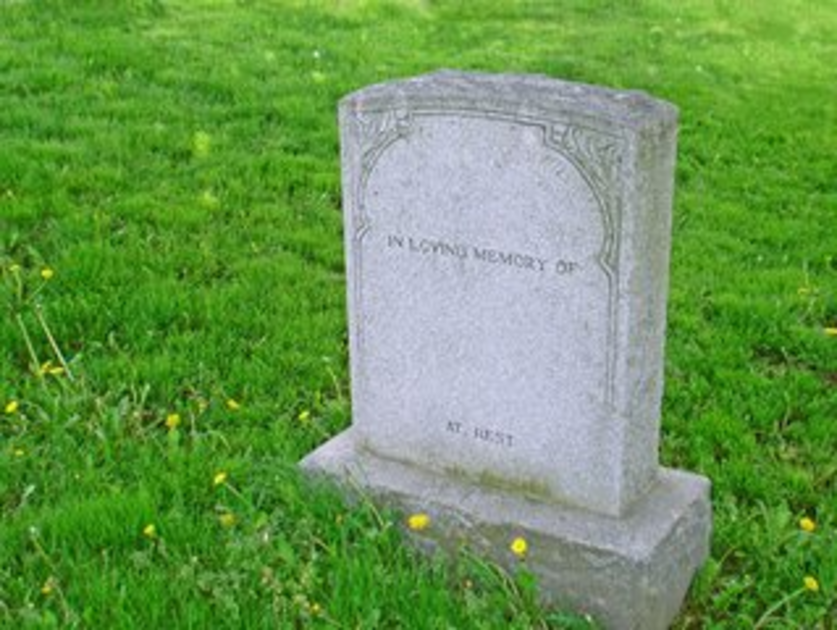
Question: My mother-in-law has been fighting a very serious illness for the last few years. At this time the doctors say that they have no more treatments to offer her. I don't think my husband really accepts the implications of this. My children have always had a close relationship with their grandmother and are always asking when she is going to get better. We have been very positive throughout this but now I am not sure how to approach it with them. I feel like I should prepare them but my husband is encouraging them to daven and telling them that with Hashem's help she will get better soon. Can you please give me some guidance as to how to proceed?
Yours is a common dilemma. Chai Lifeline is a community organization staffed by professionals who are available to discuss these types of questions. Nevertheless, I’d like to share some relevant points.
It is normal for parent to want to protect their children from emotional pain and suffering. At the same time, this needs to be balanced with the desire to be honest and upfront about harsh realities, including talking about death. It can be tricky to figure out the exact “right time” to tell children when a family members will likely not make it, but one thing that is definite: children of all ages benefit from being prepared in advance for the death of someone close to them. They also benefit from having as much time as possible to prepare for this. As such it is best to err on the side of caution by telling early rather than waiting until the prognosis is terrible and being told too late.
Related to the above, please realize that most children can sense when adults are withholding information, which can cause them to worry more. When information is withheld, children may learn about an impending death only from the street or by overhearing conversations not intended for them. This also may cause trust issues if children realize that their parents knew about a close relatives impending death but intentionally didn’t tell them. Considering the above, it is much more healthy for children to learn of such news directly from their parents.
It is preferable to have an open, calm, and relaxed conversation with the children together with your husband or at least with his permission and blessing. If he is unable to do that, it is wise to involve a Rov or professional whom he respects to help him see the value of a talk with the children. When having this conversation, begin by asking the children what they already know about their grandmother’s condition. Children are perceptive and may have already considered the likelihood of her not making it. You should provide them with the facts and age appropriate concrete explanations. Some children based on their age and their desire for information may need all details while others will benefit from a summary of the most important information. It is also important to let them know that they can ask any questions they like and help them feel safe when they do so. Be as honest as possible in answering: it is fine to let them know when you don’t have an answer to their question. In addition to informing them what the doctors say and what may very well happen “al pi teva”, it is no contradiction to share the value of tefillo and bitachon.
May your mother-in-law merit a Refuah Shleima and may Hakodosh Boruch Hu give all the strength to deal with this challenge in a wise and appropriate manner.
This article originally appeared in the Yated Neeman
 Previous
Previous

